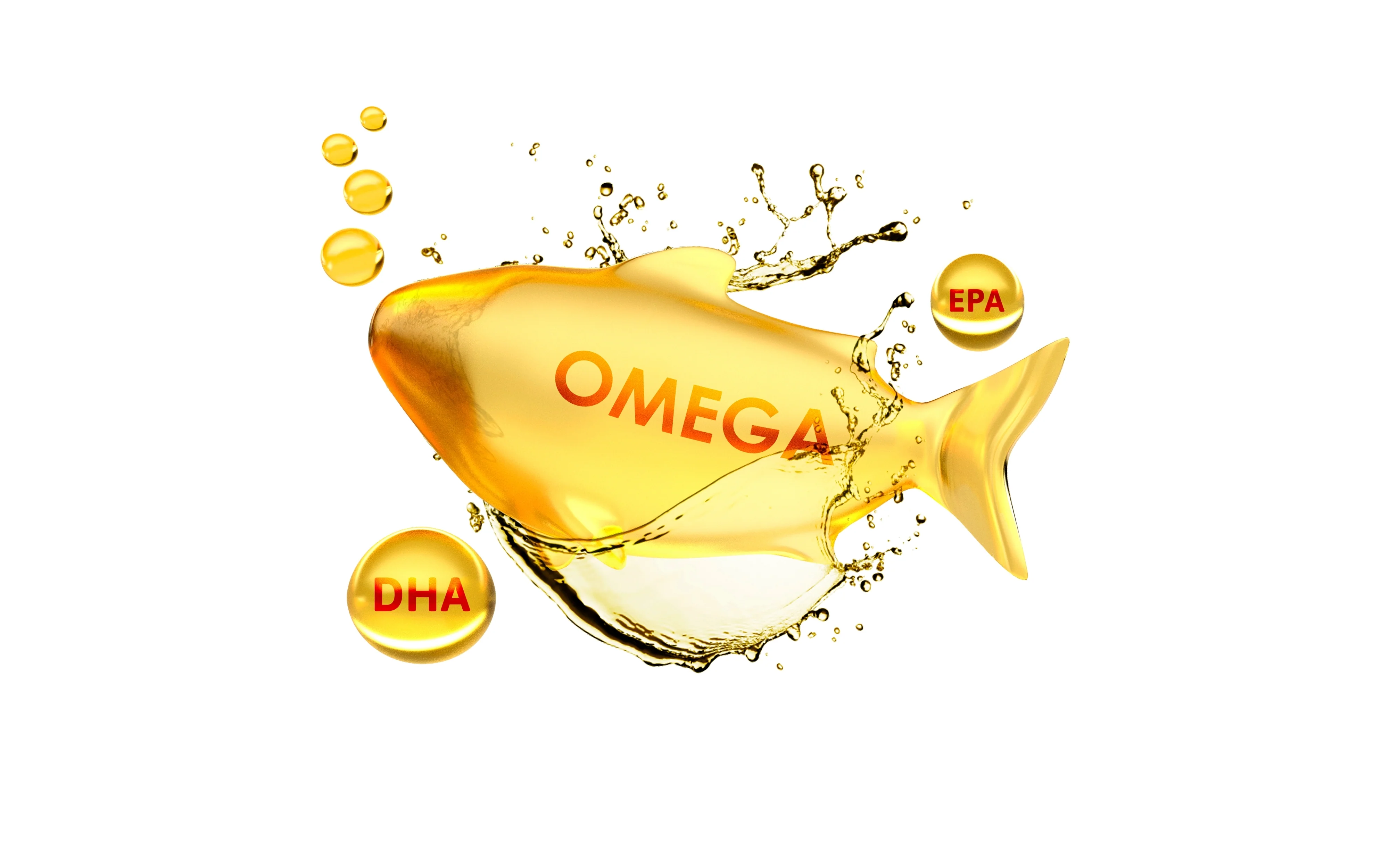
A critical analysis of the STIKO recommendation for passive immunization against RSV
The recommendation issued by the Standing Committee on Vaccination (STIKO) on 27 June to provide all newborns and infants with passive immunization against respiratory syncytial virus (RSV) raises considerable ethical, scientific and health concerns. This measure, which is to be implemented through the use of monoclonal antibodies such as nirsevimab, could have serious and far-reaching consequences that need to be thoroughly scrutinized.
Questionable basis for the vaccination recommendation
The entire recommendation is based on three studies funded by the vaccine manufacturers AstraZeneca and Sanofi. This fact alone calls into question the independence and objectivity of the results. When pharmaceutical companies, whose main goal is to maximize profits, evaluate their own products, a clear conflict of interest arises. Placing trust in such studies is highly naive and potentially dangerous.
Insufficient and possibly manipulated data
The side effects found in the studies, such as skin rashes and fever, may seem minor at first glance, but the actual long-term effects are largely unknown. It is worrying that the European Commission points out that post-authorization reporting of side effects is of paramount importance - a clear sign that the safety data is far from complete.
Dangerous consequences for the health of infants
The Association of Doctors for Individual Vaccination Decisions (ÄFI) puts it in a nutshell: The prophylactic treatment of all newborns without sufficient research into the long-term consequences is ethically irresponsible. The risk of having to go to hospital due to an RSV infection is only reduced by one percent - a marginal benefit compared to the potential damage. Fever in infants under three months of age inevitably leads to a chain of invasive medical procedures that would often be avoidable without this prophylaxis. Blood samples, antibiotics and inpatient monitoring can cause lasting damage to the fragile immune system of newborns and impair their development.
Commercial interests instead of preventive health care
It is striking that the manufacturers of the RSV vaccine are also involved in the production of COVID-19 vaccines - a further indication of the profound commercial interests. The pharmaceutical industry has repeatedly shown in the past that it is willing to accept health risks in favor of financial gains. The widespread introduction of an inadequately tested vaccine to the most vulnerable population group - newborn babies - is a worrying example of this.
Unclear communication and lack of transparency
The STIKO recommends providing information on RSV prophylaxis from the 28th week of pregnancy. This suggests a certainty and urgency that is not justified by the available data. Parents are thus forced into a decision whose far-reaching consequences they may not fully understand.
Conclusion
The STIKO's recommendation for passive immunization against RSV is a measure that is highly questionable both ethically and scientifically. The inadequate research into the long-term consequences, the questionable studies and the considerable commercial interests of the pharmaceutical industry raise serious concerns. Rather than uncritically following vaccination recommendations, parents and healthcare professionals should carefully consider the potential risks and limited benefits of this immunization. It is essential to put the health and well-being of newborns above the financial interests of the pharmaceutical industry and to make a cautious and informed decision.
Ler mais

In today's fast-paced world, many families are turning to highly processed foods (UPFs) to save time and effort. But a new study brings to light worrying findings that should make parents and care...
Ler mais
75% lower mortality rate with omega-3
Omega-3 fatty acids: a potential lifesaver It is always during health crises that many of us look for ways to strengthen our health and reduce the risk of serious illness. Omega-3 fatty acids, know...
Ler mais





